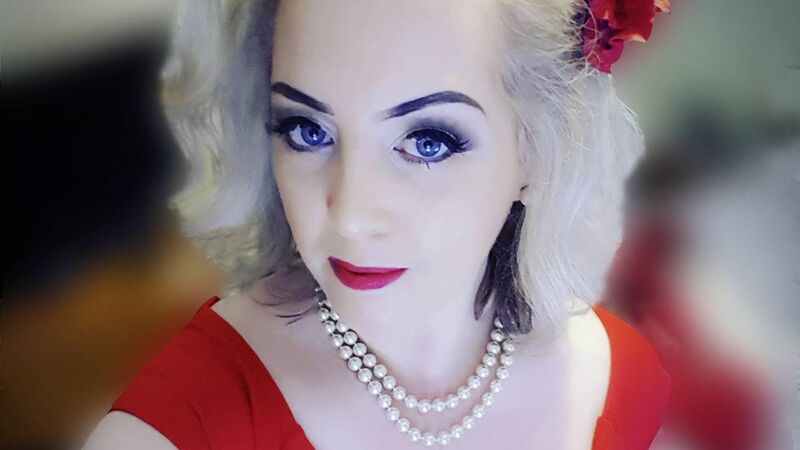Claire Allan: ‘My daughter was diagnosed with autism – it was a lightbulb moment’

Claire Allan: an "accidental crime writer"
Claire Allan is in the middle of moving house. She apologises for talking to me ‘from a fort of boxes’ in her Derry home, but I’m too busy admiring the dark glamorous wallpaper behind her.
“I wish I could take it with me,” she says – but on the plus side, she’ll have a dedicated writing room in her new house, a few minutes’ drive away.







